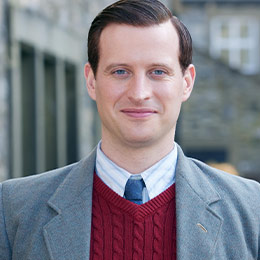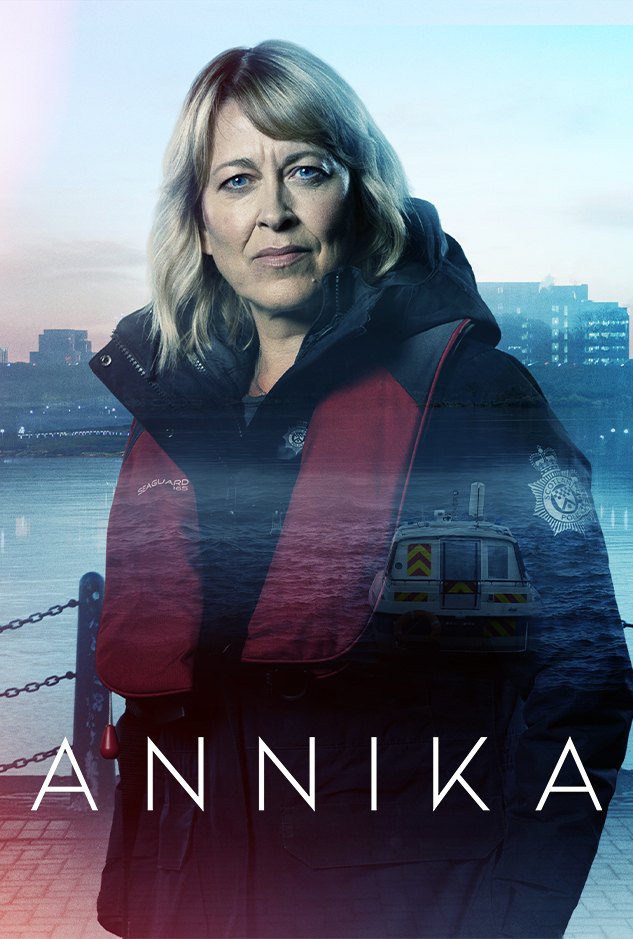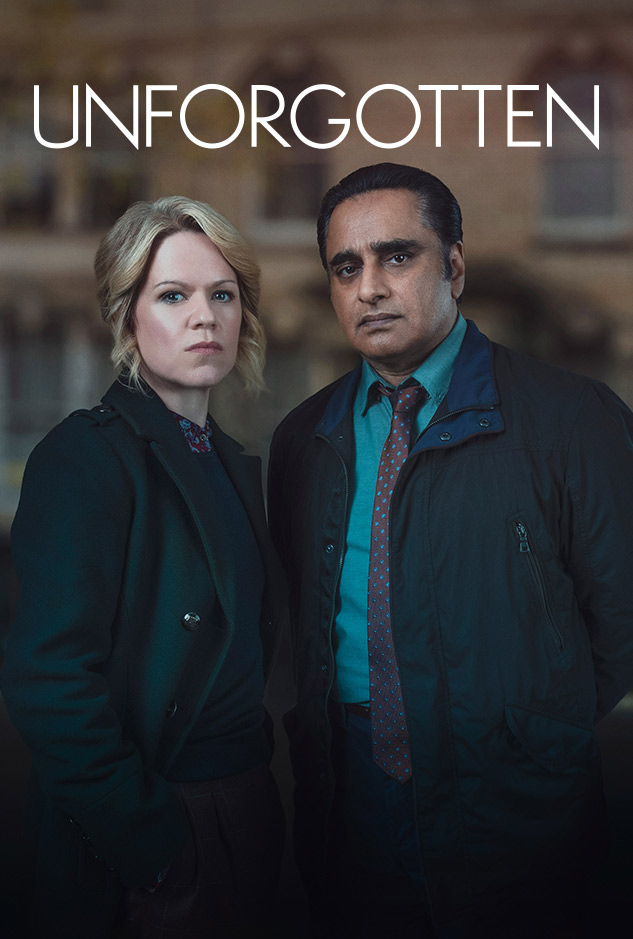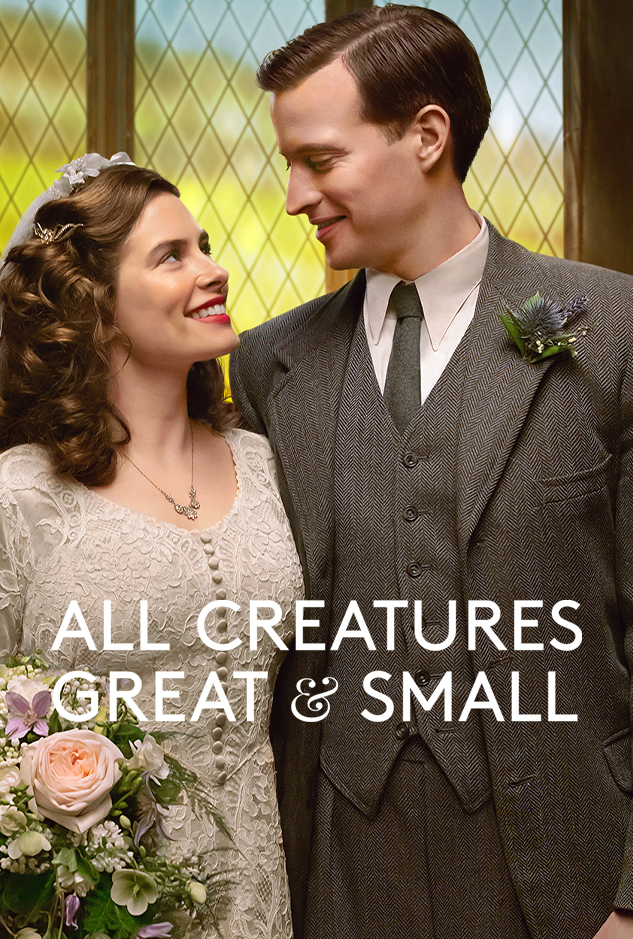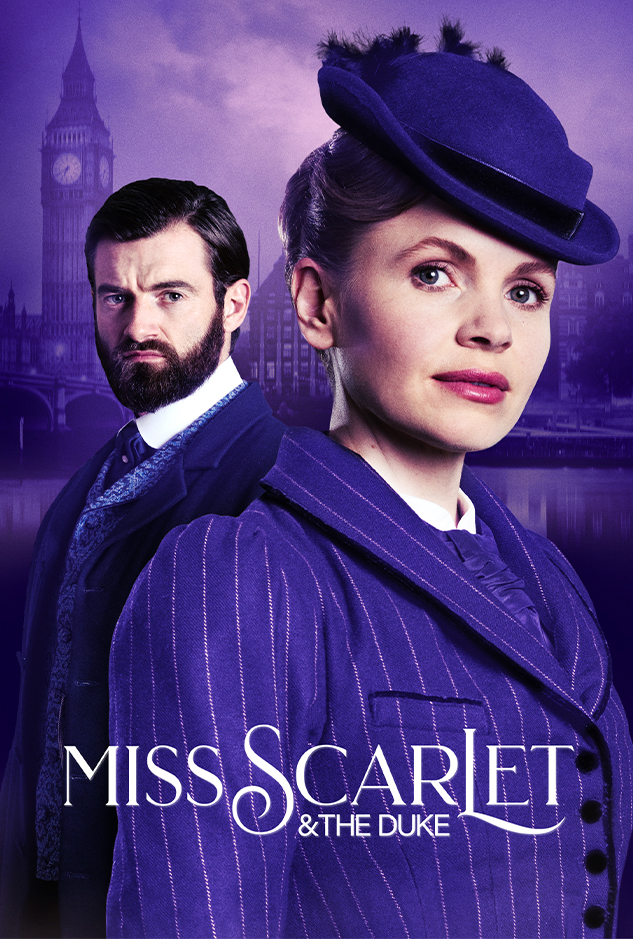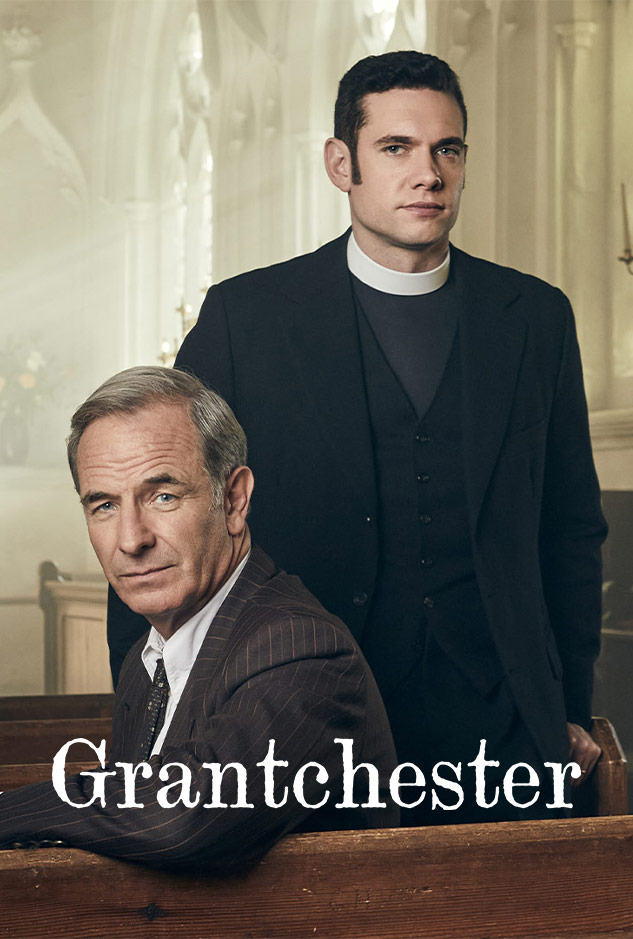Cleo Sylvestre Interview: The Surprising Story of Her Character
Veteran actor Cleo Sylvestre has had a fascinating life—she was the first Black woman to play a leading role at the National Theatre in London; she was praised by Laurence Olivier; and the Rollings Stones’ Mick Jagger and Brian Jones used to come around to her mom’s for dinner. In a Season 2 interview with MASTERPIECE, Sylvestre revealed the powerful, moving real-life story that she brought to her All Creatures Great and Small character, Anne Chapman.
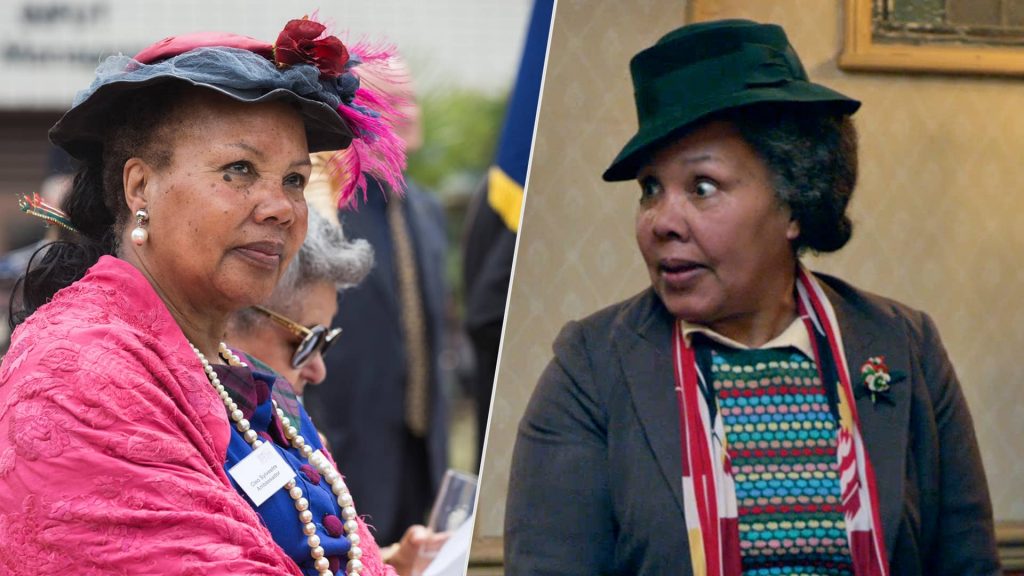

Can you share how the character of Anne Chapman came to be? I understand that it was an article you’d written about your mother, Laureen Sylvestre, that led to it?
I think what happened was when the director, Andy Hay, was researching, he decided that he wanted to add some different sort of characters from the usual ones. He looked at a wonderful website called Africans in Yorkshire, and on that, he found my mother’s story, because my mother was born in Hull, in Yorkshire. She was of mixed heritage—her mother was Yorkshire, and we don’t know who her father was. So that’s how he read my mother’s story and he decided to interview me, because he saw in the story that I’m an actor. I had an interview with him, and fortunately got it.
What was the story that you told about your mother? [Readers can find the full article here.]
Well, my grandmother, my mother’s mother, was a showgirl. She was from Yorkshire, she was white, and suddenly—this was in 1911—she had a baby. She wasn’t married, and the baby was obviously not totally “English” white, so that was my mother. She was abandoned at birth and fostered, initially. She was with this lovely woman that she adored, but the woman was deemed to be too old, so they moved her to another foster mother, and my mother kept on running away, back to the original foster mother. Eventually, because of this, they put her in a home. So she was then, from I think about four or five years old, brought up in a home. And obviously, she was the only person of color there, and ran away because she encountered some racism.
At the age of about, I think 14, 15, she ran away down to London and got a job in a coffee shop. But she really wanted to join what were then called “colored shows”—they were shows that came over from America and had people of color in them. My mother knew about these shows, and she was determined. The home, meanwhile, went and found my mother, and took her back to Yorkshire, where she worked in service for a while. And then she ran away again, came back, and eventually she went to tap classes and got a job as a tap dancer. And the thing was that she didn’t ever know that her mother was a tap dancer. Because after she had my mother, my grandmother actually went to America and opened a tap dancing school in New York. And rumor has it, in the family, that she taught Ginger Rogers to tap dance. Now, I don’t know if that story is true, but I have got a scrapbook of her, the shows that my grandmother put on. And I’ve been trying to look through them and see if I can find any evidence.
So it turns out that you’re the third generation of women on the stage in your family! And this story that you researched and wrote about was also told by your own daughter in a play?
Yes, she wrote a bit of a play as part of a series to celebrate the Windrush generation. [The “Windrush Generation” is the label for people arriving in the UK from Caribbean countries between 1948 and 1971, so called after the ship the MV Empire Windrush that brought people from Jamaica, Trinidad and Tobago to help fill post-war labor shortages in 1948.] And she wrote a piece about people of color in Britain pre-Windrush, because a lot of people don’t know or remember. That’s forgotten history, and I think it’s really important that it is known that we’ve been here for a long, long time. But people think of Windrush as the defining moment.
That’s one of the things that’s so great about having the character Anne Chapman, who grew up in the Yorkshire Dales in this period between the wars.
Yes, and in fact, when I was a child, I was brought up in Euston in London, and all my mother’s friends who were of people of color, they were all British. They’d all been born in Britain. So they had Liverpool accents, Scottish accents, Welsh accents. And I didn’t actually meet, until I was probably in my early teens, West Indians.
What has it been like to bring the character of Anne Chapman to life and bring a more historically accurate presence to historical drama?
It was a joy, actually. I was really thrilled that I was able to do it and to play her. Because—though it’s changed slightly, recently in Britain—but the only time you see people of color, they’re either portrayed as West Indian, or as I say, post-Windrush. It’s great to have that representation there in the story. And obviously, it was very emotional for me as well, particularly in the second series, because on the way to filming, we actually passed the village where my mother was brought up. I was in the car, and I suddenly saw this sign, and it completely just destroyed me, in a way. Because I just thought about what she must have gone through as a young girl, not knowing anybody who looked like her, just surrounded with sometimes hostile people. They weren’t always—I mean, the so-called granny, the foster mother, was lovely. But I know that my mother used to say, for example, that on Empire Day at school, when they celebrated the Empire and waved Union Jacks, people would talk to her about being a heathen, and…So all that suddenly regurgitated itself. Yeah.
It must be heartbreaking to imagine your mother as a girl going through all that, especially since the life you had with her in London sounds like it was just such a rich, full, stimulating, wonderful life. I read that your friends would come around, and she would cook, that she cooked for the Rolling Stones, and Jimmy Page—
Oh, yeah. I mean, the Stones were always round, especially Brian [Jones] and Mick [Jagger]. We lived in a council flat with a tiny little kitchen, and she’d do meals for 15 people. Especially Chinese—she used to love to cook Chinese food. And she would bring out all these different dishes and everything. She loved Jewish food as well, because when she first came to London, she was friends with this Jewish family and she worked for them.
Can you talk about your character, Anne Chapman, and her love story with Bert, and how that influences her take on Helen and James?
Their story is that she was in service, and he arrived as a hand, and they just hit it off. I think, obviously, they tried to resist it, and I think it was quite a brave decision for Bert, to risk being ridiculed—or, I don’t know what the word is—by his friends and colleagues for marrying somebody like Anne. But they decided that’s what they had to do, so that’s what they did. So with Helen and James, she recognizes all the signs, and she’s not frightened of speaking her mind. I think she realizes that unless he does something about it, he’s going to lose her.
Anne and Bert’s grandson, Tom, who works on the sheep farm, is a new character in Season 2. Do you think that maybe we’ll get to have that family together for some more scenes in Season 3?
I hope so. That’s one for the writers, but I hope so.








